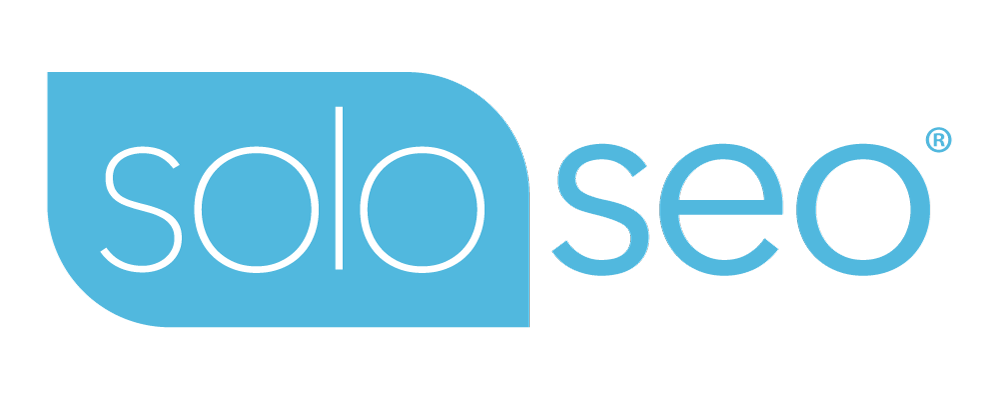I was a first-time PubCon attendee, and it was certainly eye-opening. It’s amazing how we have these “celebrities” in SEO (how about celebSEOs?) that everyone draws to, whispers about, or suffocates with questions. I was also surprised at how many people were there that really knew very little about search marketing. Don’t they read blogs? Okay, now that’s off my back. Here’s my PubCon recap for the top ten lessons that every SEO should know:
1) Don’t let the bozos grind you down. This was Guy Kawasaki’s 11th point, and to me it is about innovation. Be innovative, think beyond what you do right now, and be something more. Others are going to shoot you down, but just keep going (unless a lot of people say it’s a dumb idea).
2) Business owners know business, and Search marketers know search. I’ve worked with many designers and the one rule I have learned is to let them be designers. A hidden lesson in that is that as the business owner we need to give EVERYTHING we possibly can to the designers, search marketers, INSERT ANOTHER VENDOR HERE to give them something to work with. If we don’t, they may deliver a top notch product from their perspective, but a poor execution from your perspective.
3) SNACC – speed, navigability, accessibility, clarity, and comfort. Maybe I’m alone but I thought Adam’s presentation was awful. He came up with this acronym on the flight over, and put together the presentation on the flight too (we could tell). I’m sorry, but if you want some respect then at least don’t say that and pretty up your presentation. He also said avoid italics, which was kind of weird. And no two links on page should go to same place, which might be good advice. Basically, usability = good SEO. Adam, get a mac for your next presentation and use Keynote.app, you’ll at least be one (big) step ahead even if you make your presentation on the flight.
4) Get links from small magazines. Martinibuster (Roger Montti) gave one of the best talks, in my opinion. One suggestion was to get links from smaller magazines, which can cost as little as $60/year. He suggested doing searches like [“advertise with us” keyword -CPM] and [“rate care” -CPM advertising] and [“sponsors” -cpm site:.org keyword]. I will add these to our Link Search Tool. He also suggested to look for job fairs to get links from .edu sites.
5) Let them build your brand. John Battelle gave a great talk on search as the next interface. He suggests to let your audience interact with you and “build your brand”. Think of amazon (recommendations) and ebay. He also said content is once again king and the landing page is queen.
6) On Digg (et al) it matters more who starts it. This was from the reporter/blogger forum. Although submitting your own is okay, you are more likely to get more visibility when it is first Dugg by a well-networked digger. There was a top 100 digger in the room, but few know his/her identity.
7) Attach stuff to press releases. When doing press releases it is recommended to attach an image (screenshot, logo?, or product), attach or link to a video (tutorial, introduction, commercial, ?), and to create MS Word, PDF files of the press release that are also indexed by the engines. Greg Jarboe said an image makes it 90% more likely it will go in a newspaper (I’m sure this depends on the industry/market). 89% of journalists prefer to get info by email. Pitch to bloggers (short and sweet though, and not cookie cutter).
8) Use WOMM (word of mouth marketing). The web is the new medium for WOMM, and 20% of WOMM is already done online. WOMM when online, doesn’t die. Consumer generated media is a good approach (see lesson 5). Get product in the hands of influencers, then listen online to what people are saying.
9) Widgets for SEO. If you can make a good viral widget, it can go a long way. Start with this widget blog for ideas. Essentially if you create a widget you can have a link back to you so every time it is installed you get a “free” link. Consider changing up the link text on the download page to cycle through your favorite keywords.
10) Link bait is good SEO. Write a story to spread, have some controversy/polarization, look comprehensive, cite research and link out, make it pretty, don’t over monetize, use link bait portals (digg, slashdot, fark, de.licio.us, reddit, boing boing, techmeme, techcrunch, netscape, lifehacker, stumbleupon, chatwire – and yes in this order per Rand Fishkin)
If you missed PubCon, definitely plan on going next year. There were several sessions that I missed because I had to choose between two interesting sessions. Thankfully Barry (et al.) has some great recaps of PubCon 2006 Las Vegas.



